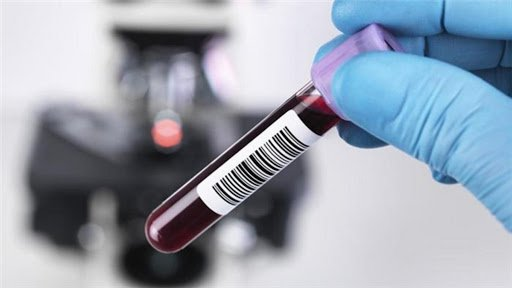Beta-2-glycoprotein 1 antibodies IgA, IgG, and IgM | Beta-2-glycoprotein 1 Positive
The protein beta-2-glycoprotein 1 (β2GPI) is involved in various vital functions in the body, such as controlling the complement and coagulation cascades and regulating or changing the process of hemostasis. It is a component of the coagulation pathway and is present at the site of thrombus formation. The major antigen in antiphospholipid syndrome (APS) is β2GPI, which is linked to pregnancy morbidity and vascular thrombosis. The presence of β2GPI antibodies in the blood can help identify APS and find cases of inappropriate blood clotting.

Beta-2-glycoprotein 1 antibodies IgA
Mucosal regions, including the digestive and respiratory systems, are the main locations of IgA antibodies. Their existence in these particular regions mostly suggests the occurrence of an immune response targeting beta-2-glycoprotein 1.
Beta-2-glycoprotein 1 antibodies IgG
IgG antibodies are essential for long-term immunity and are the most prevalent type in the bloodstream. Beta-2-glycoprotein 1 IgG antibody levels that are elevated mostly indicate the presence of a chronic or persistent immune response.
Beta-2-glycoprotein 1 antibodies IgM
IgM antibodies are the initial line of defense and are frequently connected with infections that are considered as serious. Beta-2-glycoprotein 1 IgM antibodies indicate an active immunological response.
Beta-2-glycoprotein 1 Test Positive
When the Beta-2-glycoprotein 1 test is positive, it means that the blood contains autoantibodies linked to improper blood clotting, known as Beta-2-glycoprotein 1 antibodies. Antiphospholipid syndrome (APS), a disorder associated with reduced platelet counts and thrombocytopenia, may be present if this test yields a positive result. It is frequently ordered in conjunction with tests for other antiphospholipid antibodies.
The antibodies are mostly seen in persons with autoimmune disorders like APS, but they can also be detected in people who have acute infections, HIV/AIDS, certain malignancies, or use certain medicines. The test results are considered by a physician or other healthcare professional in conjunction with the patient's medical history, the severity of symptoms, and additional factors.
 Reviewed by Simon Albert
on
January 07, 2024
Rating:
Reviewed by Simon Albert
on
January 07, 2024
Rating:











